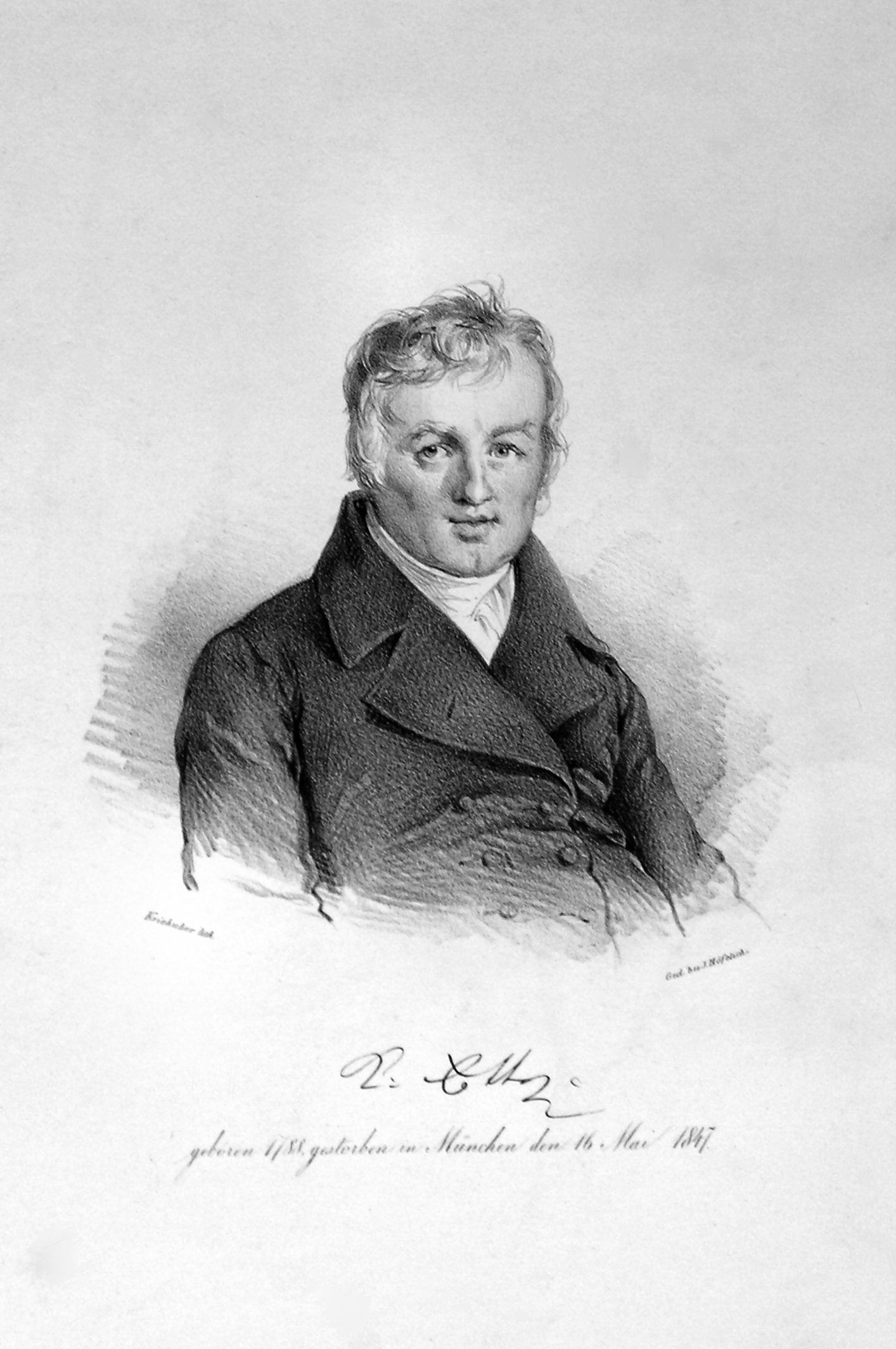Caspar Ett on:
[Wikipedia]
[Google]
[Amazon]
 Caspar Ett (5 January 1788,
Caspar Ett (5 January 1788,
 Caspar Ett (5 January 1788,
Caspar Ett (5 January 1788, Eresing
Eresing is a municipality in the district of Landsberg in Bavaria in Germany
Germany, officially the Federal Republic of Germany, is a country in Central Europe. It lies between the Baltic Sea and the North Sea to the north and the Alps t ...
– 16 May 1847, Munich
Munich is the capital and most populous city of Bavaria, Germany. As of 30 November 2024, its population was 1,604,384, making it the third-largest city in Germany after Berlin and Hamburg. Munich is the largest city in Germany that is no ...
) was a German composer
A composer is a person who writes music. The term is especially used to indicate composers of Western classical music, or those who are composers by occupation. Many composers are, or were, also skilled performers of music.
Etymology and def ...
and organist
An organist is a musician who plays any type of organ (music), organ. An organist may play organ repertoire, solo organ works, play with an musical ensemble, ensemble or orchestra, or accompany one or more singers or instrumentalist, instrumental ...
.
Life
Having completed his secondary studies at the "Paedagogium" in Munich, now called the Wilhelmsgymnasium, in 1804, Ett continued his studies at the Electoral Seminar in Munich, and in 1816 became the court organist at St. Michael's Church. He was also the music teacher of KingMaximilian II of Bavaria
Maximilian II (28 November 1811 – 10 March 1864) reigned as King of Bavaria between 1848 and 1864.
Unlike his father, King Ludwig I, "King Max" was very popular and took a greater interest in the business of Government than in personal ext ...
.
Ett composed for the Catholic litury as well as for Greek Orthodox and Jewish worship. He played a role in reviving choral music from the 16th to the 18th century.
A street is named after him both in Eresing and in Munich city centre.
His grave is located in the Old South Cemetery in Munich.
Works
*Missa pro defunctis (Requiem
A Requiem (Latin: ''rest'') or Requiem Mass, also known as Mass for the dead () or Mass of the dead (), is a Mass of the Catholic Church offered for the repose of the souls of the deceased, using a particular form of the Roman Missal. It is ...
; 7 parts)
*Missa quadragesimalis
*Attollite portas (Auferstehungs-Chor Ad resurrectionem Domini)
*Ave maris stella
*Ave vivans hostia
*Laudate dominum
*Iste confessor Jesu
*Haec dies
*Pange lingua - Tantum ergo
*Prope est
*Redemptor omnium
*Cantica Sacra, München 1834
Sources
* * 1788 births 1847 deaths German male organists German music educators Burials at the Alter Südfriedhof 19th-century German composers 19th-century German male musicians 19th-century German organists {{germany-composer-stub